Spinoza & the Arts
Passionate Reason — Symposium
04.10.2019 — 05.10.2019Passionate Reason — Symposium
Spinoza & the Arts
Passionate Reason — Symposium
04.10.2019 — 05.10.2019Passionate Reason — Symposium
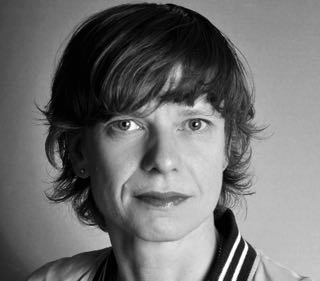 Katja Diefenbach is professor for cultural theory at the Merz Academy in Stuttgart Germany. Her work explores contemporary aesthetic theory, the reception of Spinoza and Descartes in contemporary French philosophy, concepts of materiality in political philosophy, and the theory of images before and after the pictorial turn. Her most recent book examines Spinoza in post-marxist philosophy, exploring the concept of structural materialism.
Katja Diefenbach is professor for cultural theory at the Merz Academy in Stuttgart Germany. Her work explores contemporary aesthetic theory, the reception of Spinoza and Descartes in contemporary French philosophy, concepts of materiality in political philosophy, and the theory of images before and after the pictorial turn. Her most recent book examines Spinoza in post-marxist philosophy, exploring the concept of structural materialism.
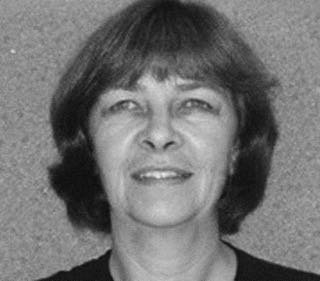 Moira Gatens is Challis Professor of Philosophy at the University of Sydney and Fellow of the Australian Academy of the Humanities. Her work examines the feminist, emancipatory interpretations and potentials of Spinoza’s philosophy and their implications for personal and collective political agency, corporality and diversity today. Gatens previously held the Spinoza Chair at the University of Amsterdam.
Moira Gatens is Challis Professor of Philosophy at the University of Sydney and Fellow of the Australian Academy of the Humanities. Her work examines the feminist, emancipatory interpretations and potentials of Spinoza’s philosophy and their implications for personal and collective political agency, corporality and diversity today. Gatens previously held the Spinoza Chair at the University of Amsterdam.
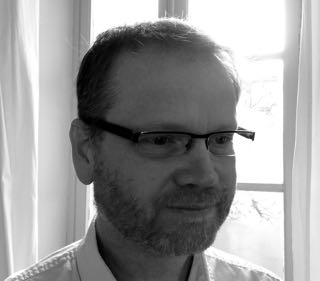 Mogens Lærke is a Senior Researcher at the CNRS in France, and currently affiliated at the Maison Française d’Oxford (MFO) and at the research center IHRIM à the École Normale Supérieure de Lyon. A specialist of early modern philosophy, Spinoza and Leibniz in particular, he has published widely examining the tensions between reason, religion and politics and censorship in the early modern period.
Mogens Lærke is a Senior Researcher at the CNRS in France, and currently affiliated at the Maison Française d’Oxford (MFO) and at the research center IHRIM à the École Normale Supérieure de Lyon. A specialist of early modern philosophy, Spinoza and Leibniz in particular, he has published widely examining the tensions between reason, religion and politics and censorship in the early modern period.
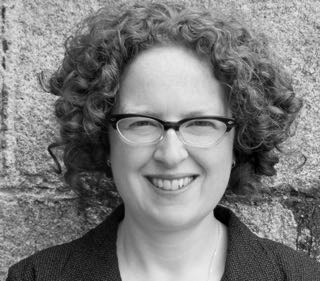 Beth Lord is Reader in Philosophy at the University of Aberdeen. She is the author of ‘Spinoza’s Ethics: an Edinburgh Philosophical Guide’ (2010) and ‘Kant and Spinozism: Transcendental Idealism and Immanence from Jacobi to Deleuze’ (2011), and the editor of ‘Spinoza Beyond Philosophy (2012)’ and ‘Spinoza’s Philosophy of Ratio’ (2018). Her recent work focuses on interdisciplinary connections between Spinoza, politics, and the arts. She recently led the AHRC-funded project ‘Equalities of Wellbeing’ which investigated the relevance of Spinoza’s philosophies of ratio, proportion, and equality to architecture and housing design. She is currently working on a book on Spinoza and Equality.
Beth Lord is Reader in Philosophy at the University of Aberdeen. She is the author of ‘Spinoza’s Ethics: an Edinburgh Philosophical Guide’ (2010) and ‘Kant and Spinozism: Transcendental Idealism and Immanence from Jacobi to Deleuze’ (2011), and the editor of ‘Spinoza Beyond Philosophy (2012)’ and ‘Spinoza’s Philosophy of Ratio’ (2018). Her recent work focuses on interdisciplinary connections between Spinoza, politics, and the arts. She recently led the AHRC-funded project ‘Equalities of Wellbeing’ which investigated the relevance of Spinoza’s philosophies of ratio, proportion, and equality to architecture and housing design. She is currently working on a book on Spinoza and Equality.
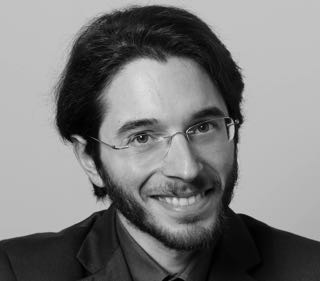 Andrea Sangiacomo is Assistant Professor at the Faculty of Philosophy at Groningen. He is the principal investigator of the ERC Starting Grant project ‘The Normalization of Natural Philosophy’ and former NWO-veni laureate. He has devoted significant part of his research to Spinoza. Dr. Sangiacomo’s extensive publications on Spinoza include a multilingual edition of Spinoza’s Complete Works.
Andrea Sangiacomo is Assistant Professor at the Faculty of Philosophy at Groningen. He is the principal investigator of the ERC Starting Grant project ‘The Normalization of Natural Philosophy’ and former NWO-veni laureate. He has devoted significant part of his research to Spinoza. Dr. Sangiacomo’s extensive publications on Spinoza include a multilingual edition of Spinoza’s Complete Works.
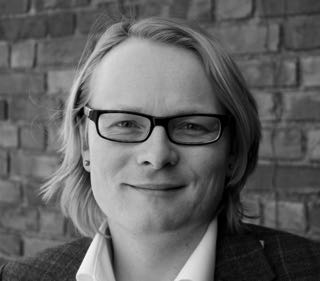 Torkild Thanem is Professor of Management & Organization Studies at Stockholm University, Sweden. Torkild’s work focuses on the ethical, political and embodied aspects of organizational life, and over the past decade he has drawn on Spinozian thought to explore this in the realms of leadership, management and gender. His most recent book is ‘Embodied Research Methods’ (co-authored with David Knights and published by Sage in 2019).
Torkild Thanem is Professor of Management & Organization Studies at Stockholm University, Sweden. Torkild’s work focuses on the ethical, political and embodied aspects of organizational life, and over the past decade he has drawn on Spinozian thought to explore this in the realms of leadership, management and gender. His most recent book is ‘Embodied Research Methods’ (co-authored with David Knights and published by Sage in 2019).
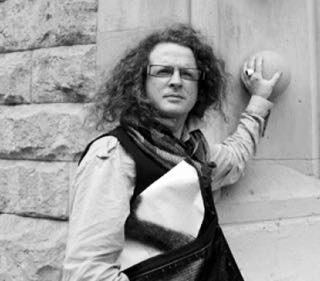 Baruch Gottlieb is the convener and moderator of the symposium. He is trained as a filmmaker at Concordia University Montreal, and has a doctorate in digital aesthetics from the University of Arts Berlin. From 2005-2008 he was professor of Media Art at Yonsei University Graduate School for Communication and Arts in Seoul, Korea. He is active member of the Telekommunisten, Arts & Economic Group and laboratoire de déberlinisation artist collectives. Author of ‘Gratitude for Technology’ (Atropos Press, 2009), ‘A Political Economy of the Smallest Things’ (Atropos Press, 2016), and Digital Materialism (Emerald Group Publishing, 2018) he currently lectures in philosophy of digital art at the University of Arts Berlin and in cybernetic aesthetics at the TU Cottbus.
Baruch Gottlieb is the convener and moderator of the symposium. He is trained as a filmmaker at Concordia University Montreal, and has a doctorate in digital aesthetics from the University of Arts Berlin. From 2005-2008 he was professor of Media Art at Yonsei University Graduate School for Communication and Arts in Seoul, Korea. He is active member of the Telekommunisten, Arts & Economic Group and laboratoire de déberlinisation artist collectives. Author of ‘Gratitude for Technology’ (Atropos Press, 2009), ‘A Political Economy of the Smallest Things’ (Atropos Press, 2016), and Digital Materialism (Emerald Group Publishing, 2018) he currently lectures in philosophy of digital art at the University of Arts Berlin and in cybernetic aesthetics at the TU Cottbus.

 previous
previous next
next